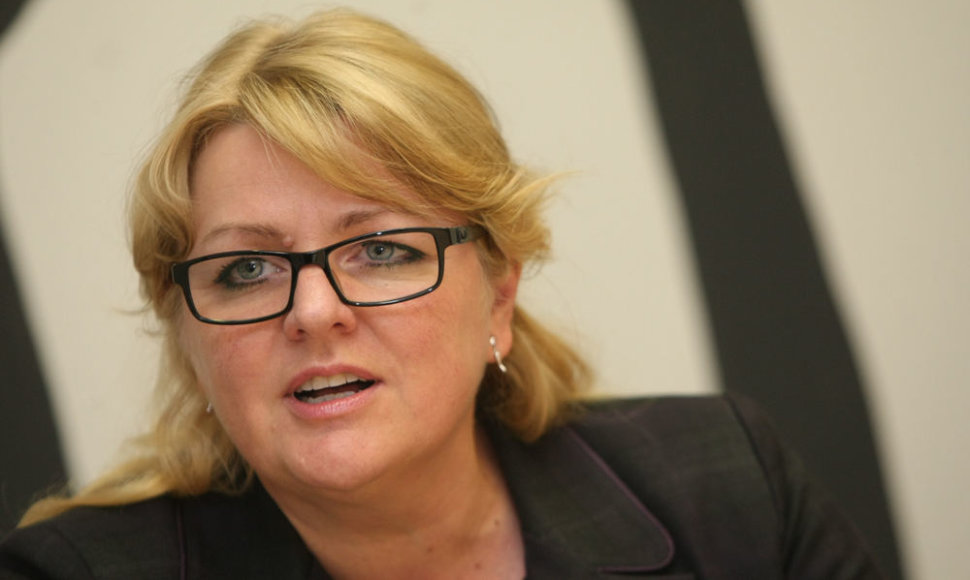Having presented presidency priorities to MEPs working on various committees in Strasbourg on Wednesday, Pabedinskienė told BNS that quotas would be aimed at ensuring transparency in staff selection.
"The main goal of this directive is to ensure transparent staff selection," she said.
"Previously, the directive provisions were a bit more stringent, restricting and more complicated. Now it is estimated that the deadline for the directive to come into force will be 2020, including the provision to apply the directive at state-capital companies as of 2018. So the deadline is longer and there are some detailed making the directive more flexible," the Lithuanian minister said.
According to Pabedinskienė, member states have the biggest doubts over the legal basis. the issue will be discussed shortly by working groups before the end of the Irish EU presidency. Countries have doubts on the principle of subsidiarity and proportionality regarding the quota percentage as well as on interference into corporate law. Proposed sanctions for failure to comply with the directive also raise doubts.
Asked by BNS about her personal opinion on the need for women quotas, Pabedinskienė said: "There's perhaps a different situation in all countries, and there are women and women, and there's a complicated situation in that work environment they get into, therefore, I could not say unambiguously that one should do this way and not the other."
The European Commission has proposed setting a 40-percent quota for women on non-executive boards of European listed companies, excluding small and medium companies.
In an interview to EurActiv in March, Lithuanian President Grybauskaitė said that women quotas for company boards and politics should be used as a last resort and stressed the need of education. Lithuania declares support for the implementation of the directive.












